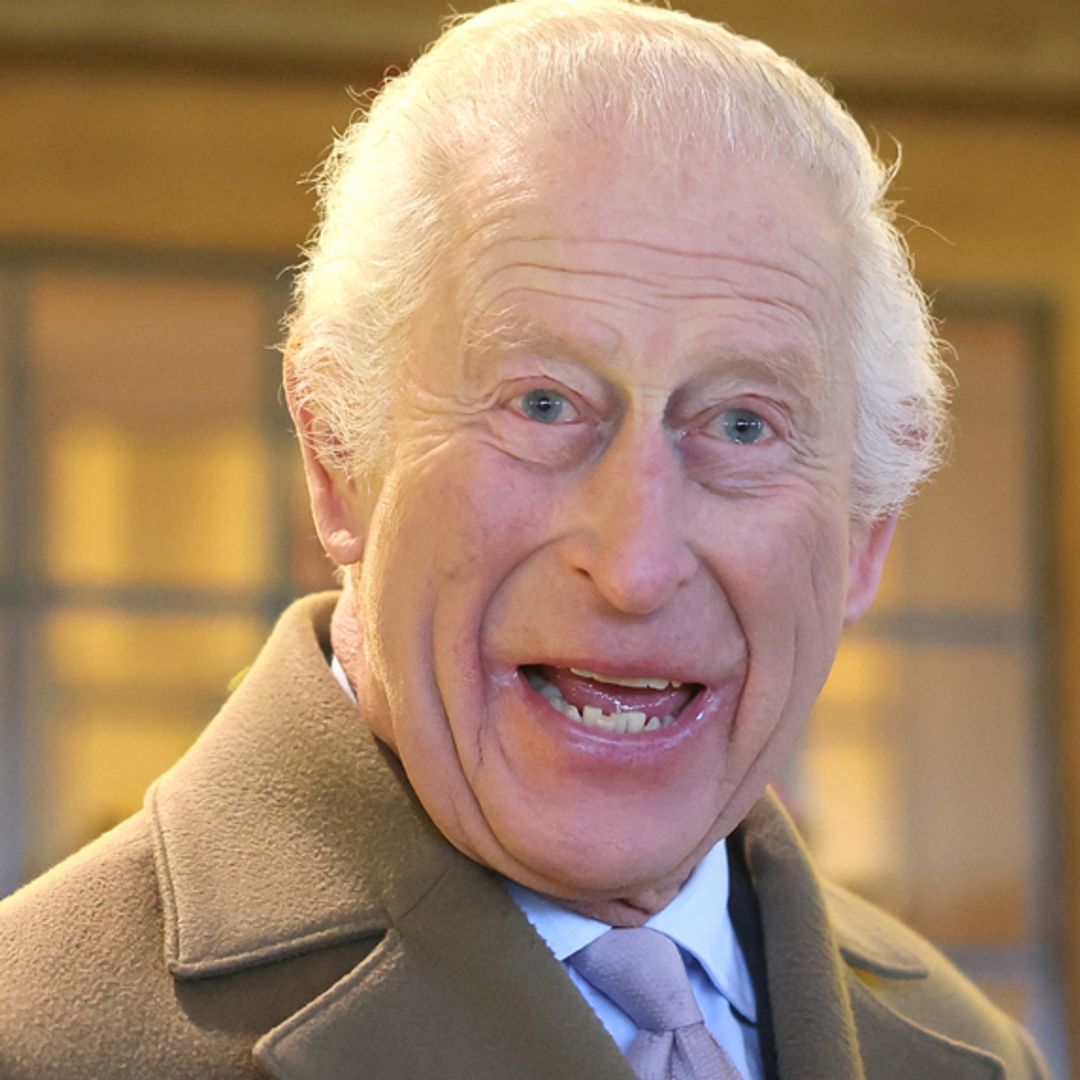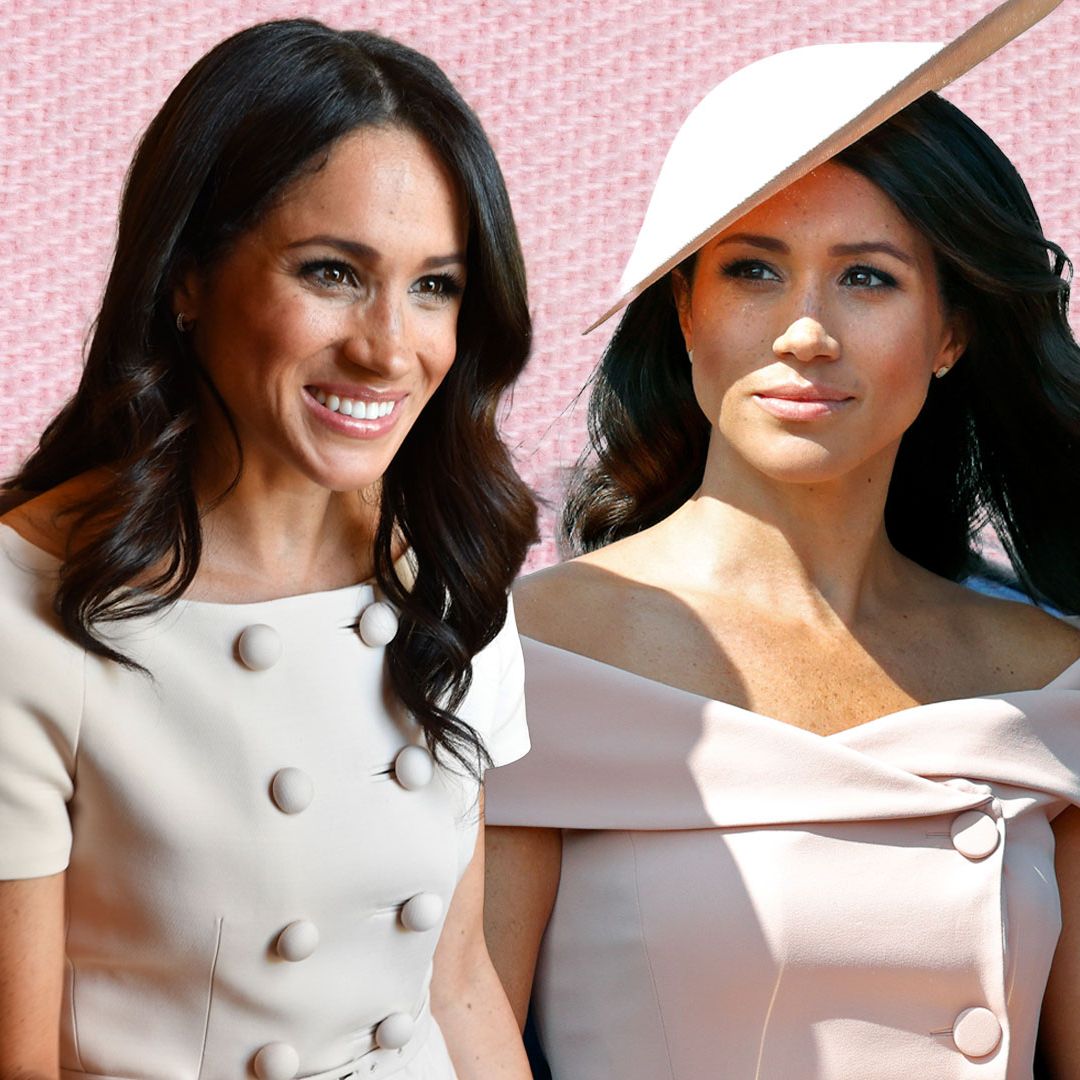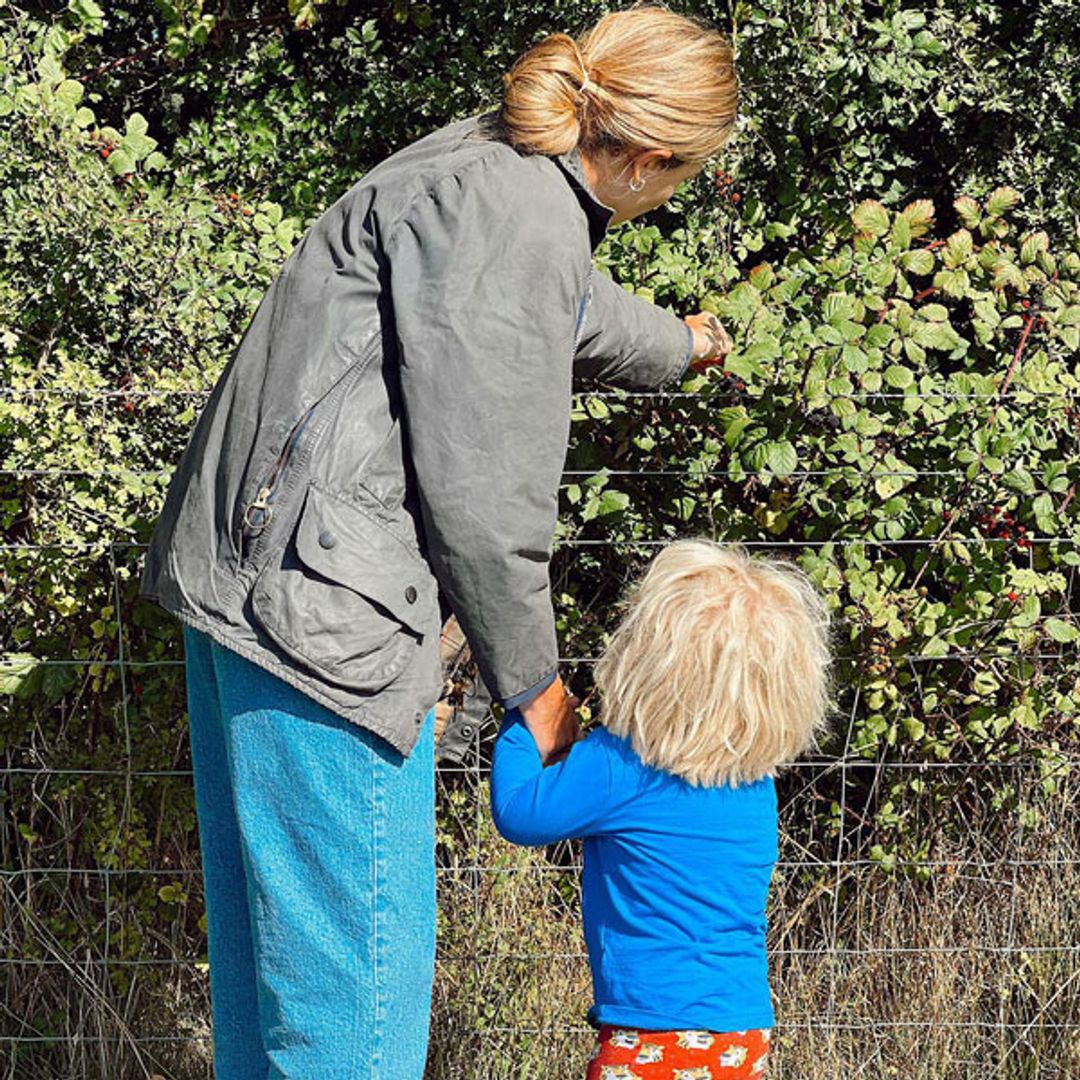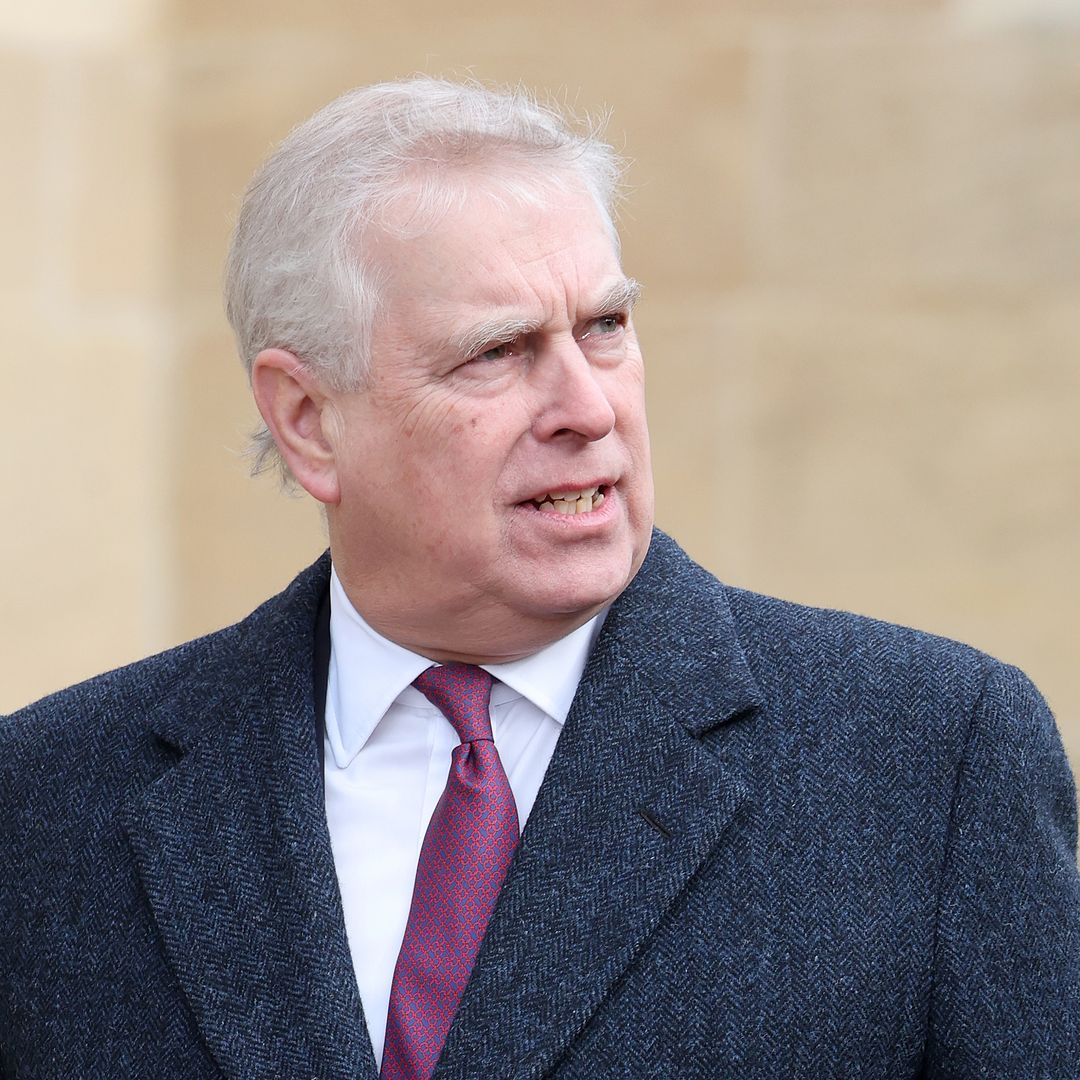He has long been an believer in physical recreation for children – not for nothing did he found the Duke of Edinburgh Award scheme 45 years ago – and yesterday Prince Philip again advocated school-related adventure activities to encourage the nation’s young to take adventure-related risks.
Writing in the Times Educational Supplement to celebrate his half-century as president of the Central Council for Physical Recreation, the Duke urged the nation’s teachers to continue taking pupils on adventure trips. “It would be highly damaging to the development of young people if they were denied the chance to train for, and participate in, challenging physical activities,” he stated. “Teachers and clubs should continue to take pupils on adventurous activities, because not to teach children about risk and responsibility is a failure to provide a rounded education.”
The publication’s assistant editor sided with the 80-year-old royal, saying that instilling a sense of adventure in children was an invaluable part of learning. “Parents are bound to be concerned because there have been eight deaths on school trips in the past two years,” said Jeremy Sutcliffe. “But it’s important children should be able to take sensible risks.”
But not everyone agrees with Prince Philip. Nigel de Gruchy, the general secretary of a teacher’s union, the NASUWT, criticised the Duke’s views. “It’s all very well for him to say that – he is not going to be sued,” said the union leader. “He is not going to have his professional life destroyed by some irate parent who does not understand that accidents will happen.”
The Duke acknowledged that the deaths of three schoolgirls during adventure trips over the summer holidays were a tragedy, but he warned that tight restrictions still might not prevent casualties. “It would never be possible to guarantee any worthwhile activity as completely accident-free. It could certainly not be done by legislation and bureaucratic regulation,” he stated.
But Prince Philip reiterated that if children were not introduced to adventurous activities, such as mountaineering, sailing and hill-walking, they would never learn how to take sensible risks. Schools were now, he added, more concerned with exam results than participating in these adventure schemes.
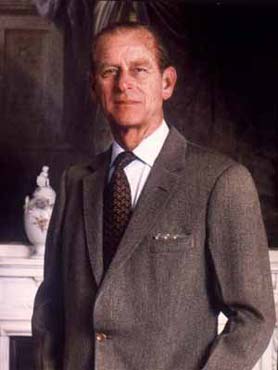 Photo: © Alphapress.com
Photo: © Alphapress.com
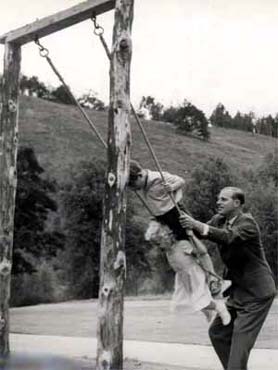 Photo: © Alphapress.com
Photo: © Alphapress.com


